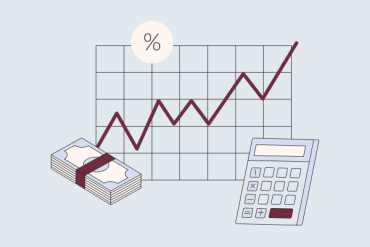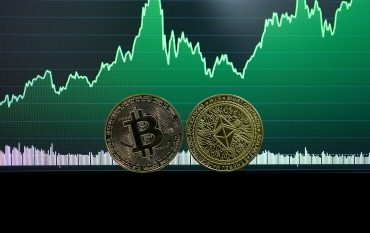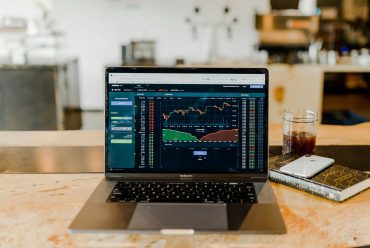U.S. consumer sentiment took a steep slide in September, falling to 55.4 from 58.2 in August, according to the University of Michigan’s preliminary survey. This marks the lowest reading since May and represents a steep 21% drop from a year ago.
The data suggests that Americans are growing increasingly uneasy about their financial outlook as concerns over inflation, tariffs, and the job market weigh on confidence. Survey director Joanne Hsu noted that respondents highlighted “multiple vulnerabilities” in the economy, including business conditions and personal finances, both of which eased sharply this month.
Inflation Expectations and Tariff Concerns
Inflation continues to dominate household worries. Consumers expect prices to rise 4.8% over the next year, unchanged from August, while long-term expectations increased to 3.9% from 3.5%. Much of the anxiety is tied to tariffs, with about 60% of respondents mentioning them without being prompted. The survey indicates that Americans are growing increasingly skeptical that inflation will decline rapidly, even as the Federal Reserve prepares to shift its policy toward lower rates. For many households, tariffs represent an immediate squeeze on budgets, intensifying caution toward discretionary spending.
Labor Market Anxiety Deepens
The biggest shift in September came from rising fears over employment. Nearly two-thirds of respondents said they expect higher unemployment in the year ahead, the highest level since the Great Recession. That sentiment is supported by recent labor data, which showed job growth nearly stalled in August and earlier months were revised downward.
June payrolls were adjusted to reveal a net loss of 13,000 jobs, the first decline since late 2020, and benchmark revisions erased more than 900,000 jobs from the past year. Together, the figures paint a picture of a job market that is no longer the economy’s safety valve, but rather a potential source of fragility.
The Bigger Economic Picture
The decline in sentiment comes on the heels of inflation data showing consumer prices rose 2.9% annually in August, highlighting how tariffs are filtering through to everyday goods. Businesses are also sounding alarms about slowing demand and policy uncertainty. Regional surveys compiled by the Federal Reserve point to more cautious hiring, weaker investment plans, and growing cost pressures. While Wall Street has rallied on expectations of interest-rate cuts, Main Street is signaling that households are bracing for tougher times.
Looking Ahead
The next few months will be key in determining whether consumer confidence can rebound or continues to deteriorate. If job losses deepen and tariffs keep inflation sticky, households may pull back spending just as the holiday season approaches. On the other hand, swift action by the Fed to lower rates could provide some relief, though it may not fully offset concerns about employment security. For now, the message from consumers is clear: optimism is fading, and risks to the economy feel more immediate than they have in years.


